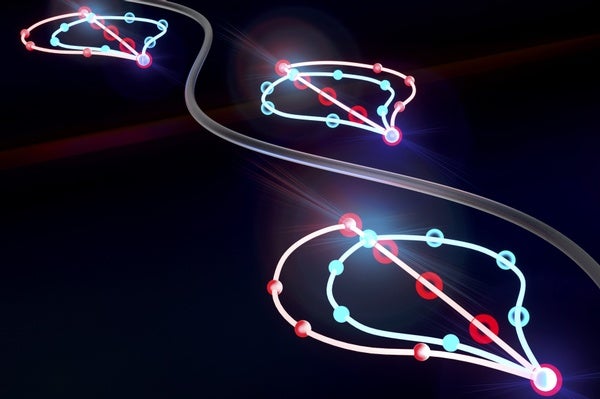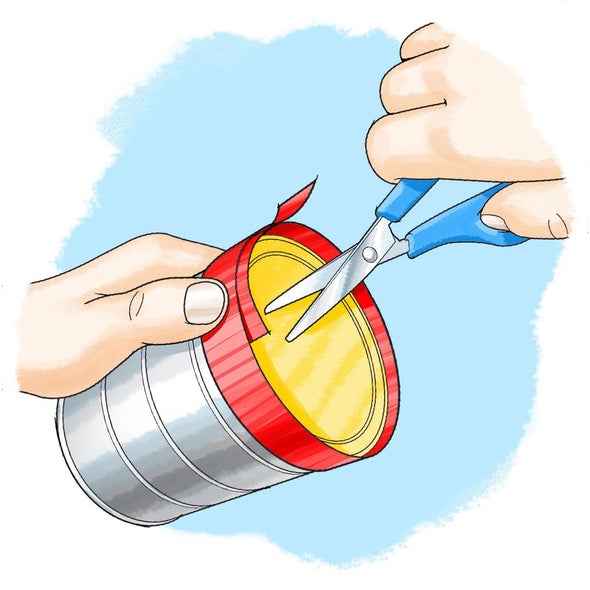 |
| December 10, 2021 |
 |
| |
| |
| |
| |
| Public Health COVID Variants Hint at How the Virus Will Evolve The rapid spread of new variants such as Omicron offers clues to how SARS-CoV-2 is adapting and how the pandemic will play out over the next several months | | By Ewen Callaway,Nature magazine | | | |
| |
| |
| |
| |
| |
| |
| |
FROM THE STORE
 | | | |
| |
BRING SCIENCE HOME
 | | Circular Reasoning: Finding Pi |  Can you uncover a useful mathematical formula with just a few household objects and some ribbon? It's easier than you think. In fact, we would wager a slice of pi that you can! Credit: George Retseck | Mathematicians get excited about the discovery of mathematical relationships. They look at the world around them in terms of numbers, formulas and equations. Mathematics is fun and practical, too. It comes in handy when calculating how long you need to save your allowance before you can buy a new game. You use math to double or triple a recipe or to calculate how late you can leave your house and still get to school on time, too. You can also use it to predict the size of things—on a page or in the real world. In this science activity you will examine circular objects and see what relationships you can discover about their sizes. You will explore whether the circumference of a circle relates in a particular way to its diameter. As you explore the relationship, you might be surprised at how useful the results can be; maybe it will inspire you to save up for a bigger bike! | |  | |
LATEST ISSUES
 |
| |
| Questions? Comments?  | |
| Download the Scientific American App |
| |
| |




